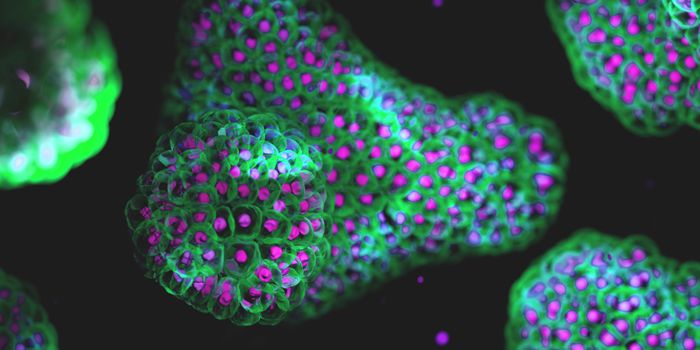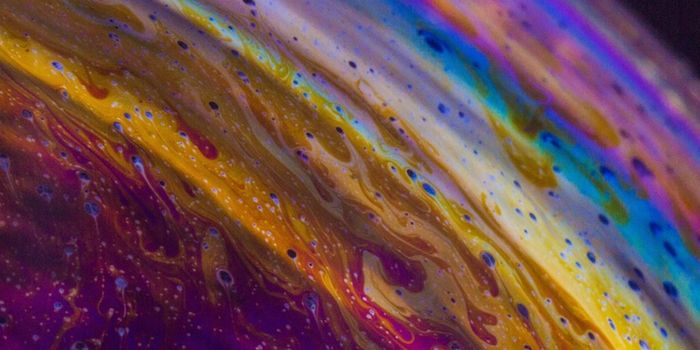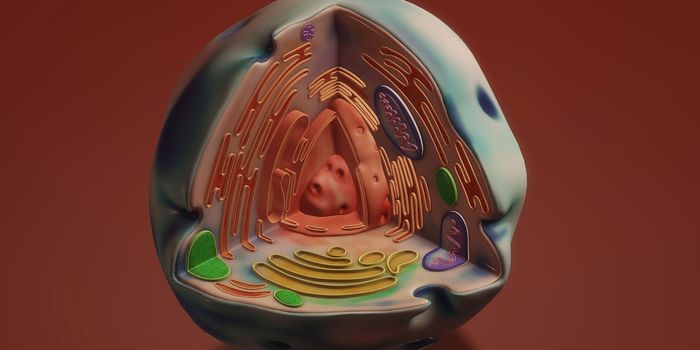An Antibacterial Molecule Links Chronic Inflammatory Disease & Gut Microbiome
The gut microbiome is crucial to human health, but the human body has to keep the microorganisms within it in check. We need healthy gut microbes; for example, they help us digest food and absorb nutrients, and they also tamp down the growth of harmful microbes that have the potential to cause harm. A crucial balance must be maintained, both among the microorganisms in the microbiome, and between the human immune system and microbiome.
While scientists are still learning about exactly what composes a healthy microbiome, studies have indicated that diversity is a good thing. Imbalances in the microbiome have been associated with a variety of inflammatory disorders, including lupus and arthritis. Many things can affect the composition of the gut microbiome, including the food we eat and various aspects of our environment. Our innate immune system also encodes for antimicrobial peptides, some of which are expressed at higher levels during infection. One of those antimicrobial peptides is phospholipase A2-IIA, a molecule that has been found at unusually high levels in the joint fluid of arthritis patients, and it's also present in the human gut.
“It took a long time before we realized that [phospholipase A2-IIA] exhibits antibacterial activity,” noted senior study author Dr. Éric Boilard of Université Laval.
This molecule isn't interested in human cells, but it likes to bind to the membranes of bacterial cells and split them open, which releases fatty acids and other small molecules from bacterial membranes, Boilard explained.
The study authors engineered a mouse model that expresses the human version of phospholipase A2-IIA. When the peptide liberates small molecules from bacterial membranes, it causes proinflammatory lipids to be produced, increasing inflammation, and exacerbating arthritis symptoms in the mouse model, said Boilard. The mice develop symptoms of chronic systemic inflammation spontaneously as they age, and the bacterial lipids in their guts are also impacted.
This research was reported in the Journal of Clinical Investigation – Insight with another study on phospholipase A2-IIA by a different research group. The team of Makoto Murakami at the University of Tokyo showed that phospholipase action in the mouse gut microbiome can also influence the inflammatory disorder psoriasis and skin cancer.
This work may help open up new therapeutic options; both studies have suggested that by inhibiting phospholipase activity, inflammatory disease symptoms could be alleviated. The theory still has to be tested in people, but this work is encouraging.
Sources: Université Laval, Journal of Clinical Investigation - Insight









